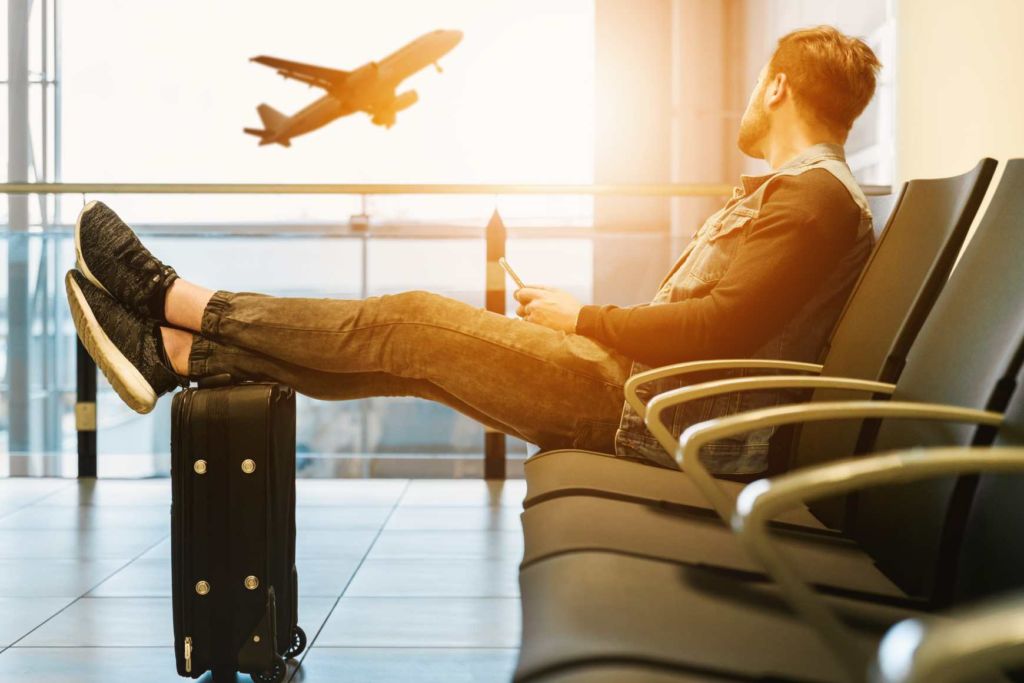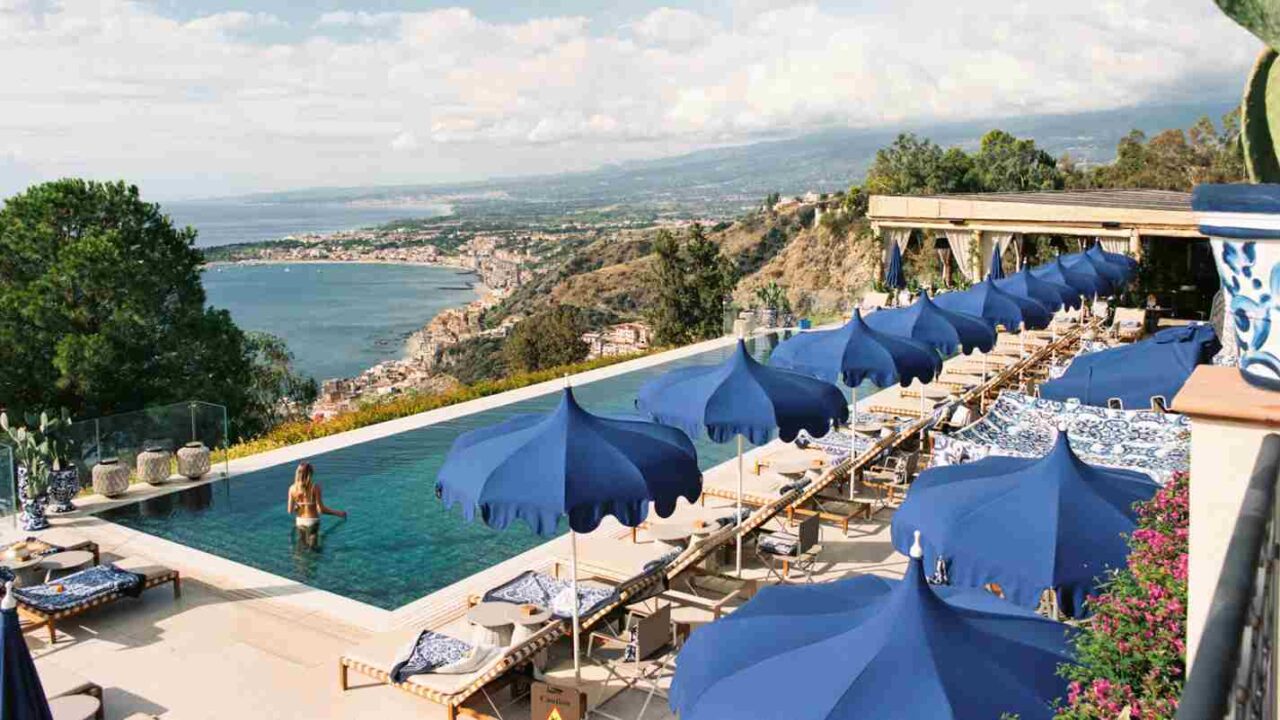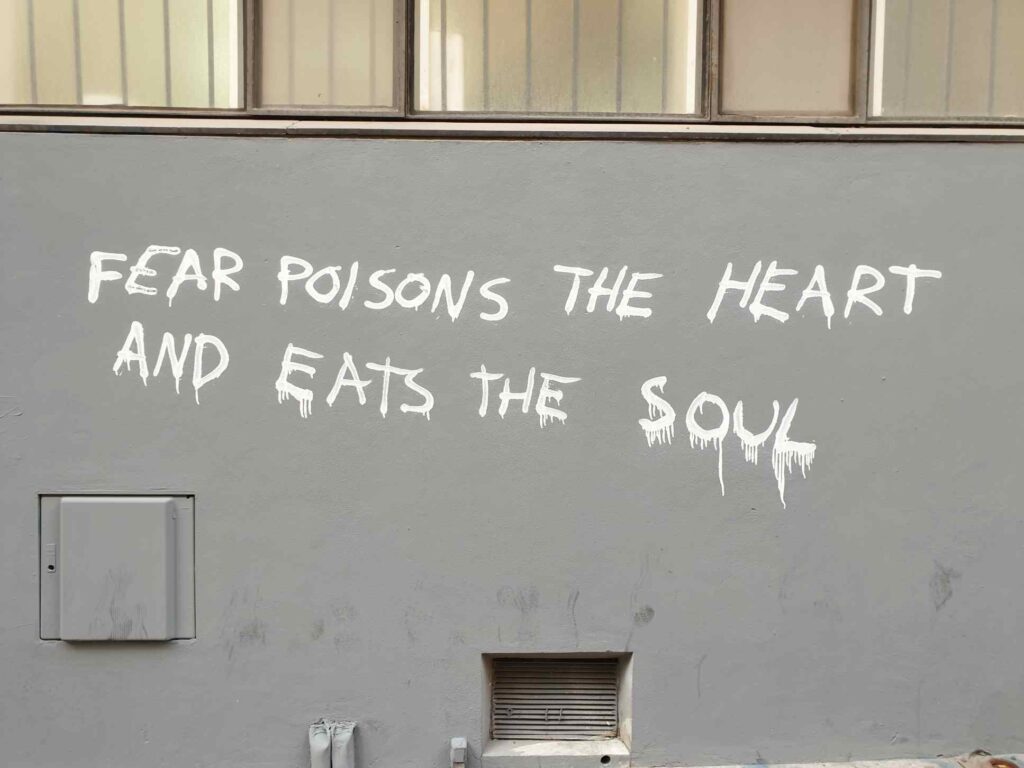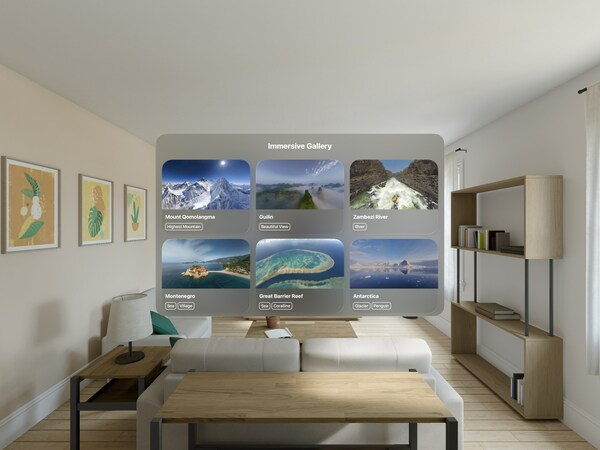Traveling is a wonderful motivation for the modern individual. The anticipation of immersing yourself in an entirely new experience, getting acquainted with another culture, and filling up with knowledge and emotions is incomparable. The novelty effect created by travel is crucial for our brains, as it stimulates us at a subconscious level. However, it’s important to note that it can also lead to overstimulation, so strong impressions should be balanced.
Moreover, numerous studies indicate that effective cognitive development occurs in a social environment. If this environment is dynamic and changing, it opens up even more opportunities for each of us. Traveling is not just about the immediate experience but also leaves us with a pleasant aftertaste that lingers for many years.
Can Virtual Tourism or Travel Videos Replace Physical Travel?
Our brain doesn’t store information as effectively as it retains sensations. Sensations engage numerous subconscious associative connections, influencing the originality of our thinking. While travel stories provide information, they lack the fullness of experiences that shape our thinking and perception.
Certainly, to acquire new knowledge, one doesn’t need to step away from the computer. However, to truly understand something new, one requires corresponding experiences. This is the beauty of travel – you don’t just learn; you can feel it firsthand, and genuinely understand another culture, a different pace of life, and values. Understanding, of course, is incomparably richer than abstract knowledge not lived through experience.
While VR or similar technology can create a more immersive experience, it still cannot fully replicate the sensory experience of being there in person. For example, virtual tours cannot capture a destination’s smells, sounds, and tactile sensations.
Beneficial Stress
We’re accustomed to thinking of stress as something negative, but in reality, stress is a normal physiological response to changes in the external environment. Whether these changes are positive or negative, our bodies respond to stress by producing substances that stimulate memory, adaptive abilities, and more.
Negative stress, scientifically known as distress, does indeed lead to the depletion of the body’s resources. However, in travel, we typically encounter eustress, or simply, “good stress,” which stimulates the growth of neuronal processes in the brain.
It’s important to remember the following: unfortunately, if you go on vacation leaving important tasks unfinished, you’re unlikely to fully recharge. Subconsciously, those pending tasks will continue to nag at you, hindering a proper reset.










